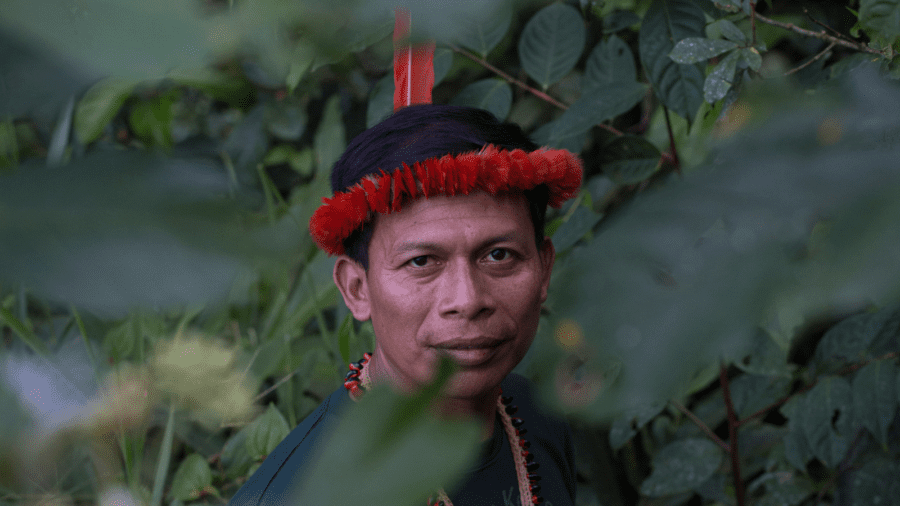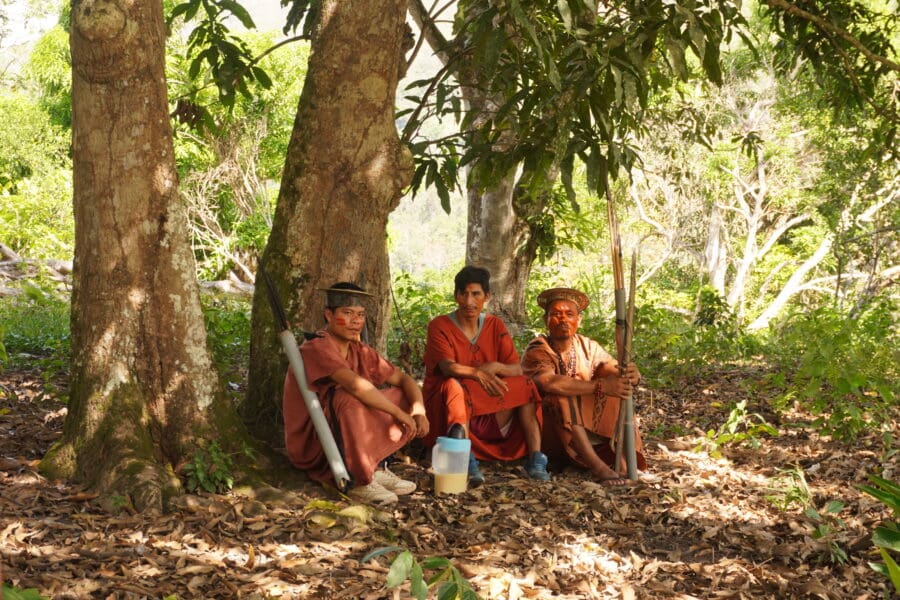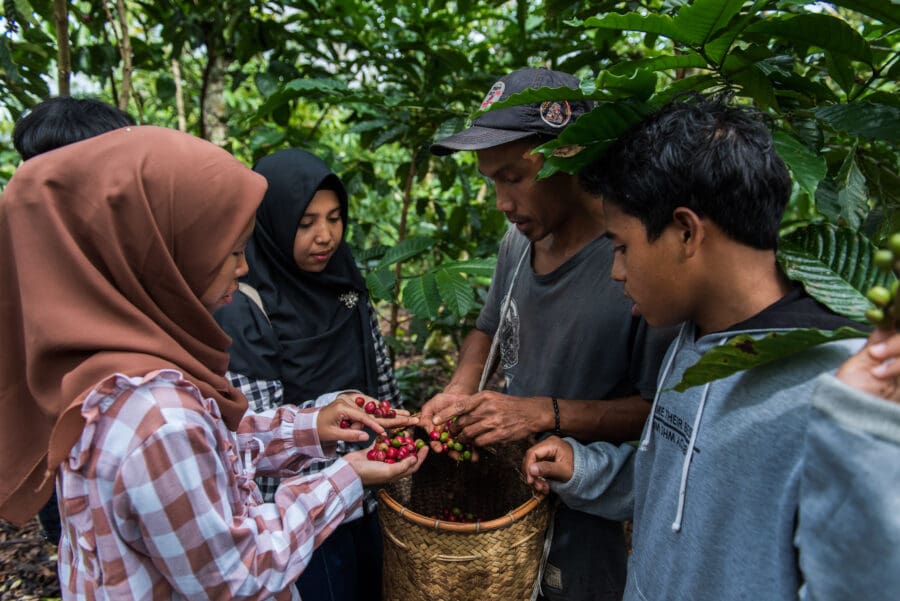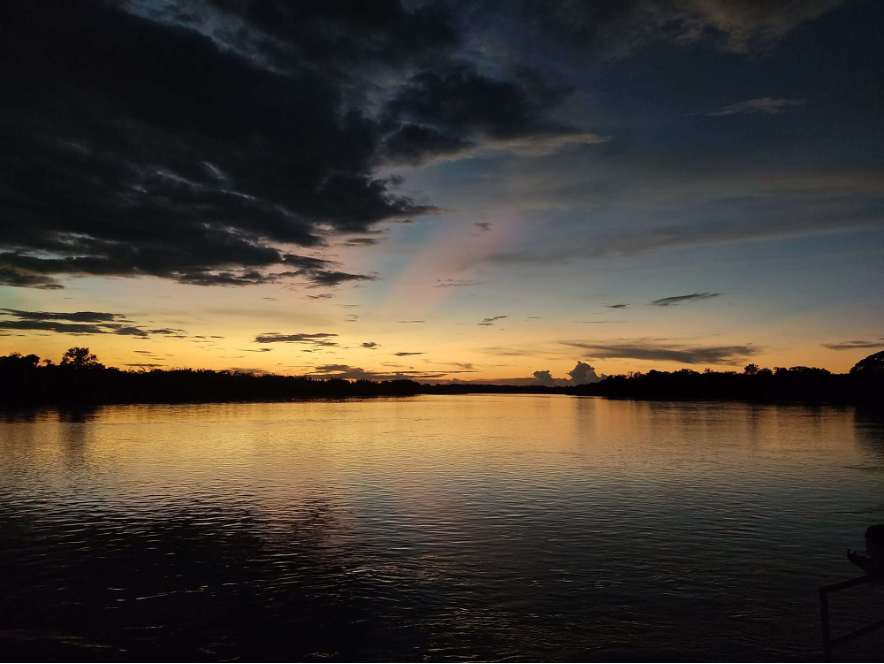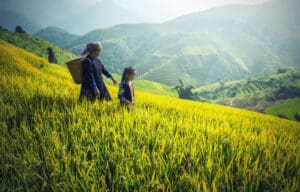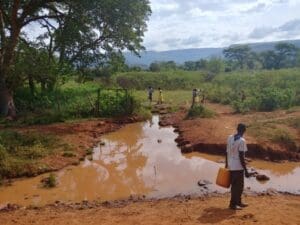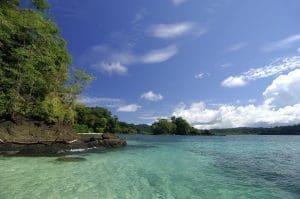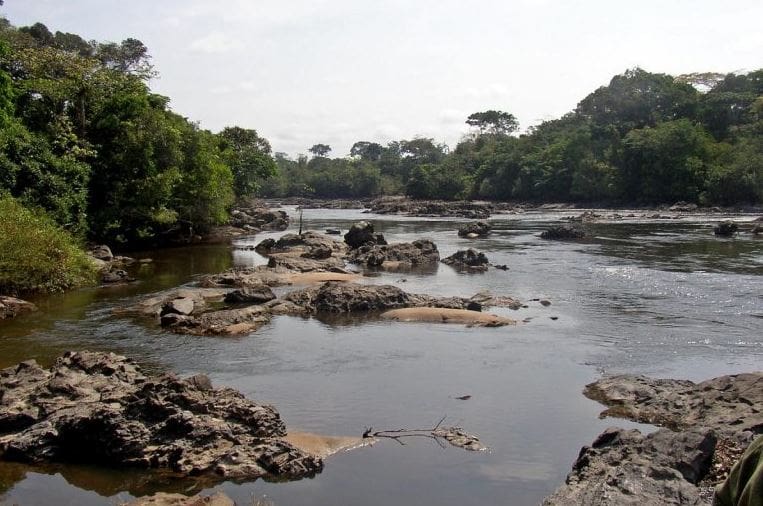A report aims to influence the localization agenda and improve bilateral policies and practices to ensure that more direct, fit-for-purpose support reaches Indigenous Peoples, local communities, and Afro-descendant Peoples and their supporting organizations to secure tenure rights and conserve key ecosystems and biodiversity.
On July 14, the body of Mariano Isacama Feliciano was found on the bank of the Yurac River, a tributary of the Amazon in the Peruvian department of Ucayali. Isacama Feliciano was a human rights defender from the Katkataibo Indigenous People and had been working with his community to resist the presence of illegal loggers before his death.
A new resource seeks to support companies and investors in understanding the shared value community monitoring could add to their operations and investments, and outlines principles to help them build productive partnerships with communities to secure their land tenure and improve compliance with environmental and social standards and commitments.
The socio-environmental conflict in Los Pozos inspection of San Vicente del Caguán is unsustainable. The Chinese company, Emerald Energy Plc, repeatedly violates the country's environmental laws and the Colombian government continues to fail to intervene.
When members of the Indonesia-based AsM Law Office landed in Monrovia, Liberia this June, they had a two-fold agenda for their two week exchange with leaders of Liberian civil society.
On February 9, the Inter-American Court of Human Rights heard oral arguments in a case against the State of Guatemala that could set a precedent for Indigenous communities across Latin America, strengthening their quest for collective rights to their ancestral lands and the right to control their natural resources.
A high-level discussion convened by RRI and the FCDO, UK sought to address the ownership gap in collective land rights to tackle climate change and biodiversity loss.
RRI collaborator KVCO help formalize a mediation process between local communities and oil companies in Kerio Valley, enshrining community land rights.
We depend on and are part of nature. Our life-giving water, the air we breathe is cleansed and revitalised, the food we eat comes from a living soil. Many of our health cures have origins in nature and our education and spiritual sustenance requires exposure to nature. Edmund Barrow FRSA argues our current economic and development paradigms fail to recognise this which requires a shift from being ‘tourists’ to pilgrims when it comes to our place on Earth.
The Doi Tung Development Project, run by the Mae Fah Luang Foundation under Thai royal patronage, is held up by the United Nations as a model for ending narcotic drug cultivation and improving the lives of indigenous communities. Yet in other parts of the country, indigenous people continue to live in poverty and face challenges in accessing land, livelihoods and citizenship, according to tribal rights groups.
“They started the project by taking away communities’ land without their consent, using intimidation and all kinds of misplaced government power to evict them from their own customary land,” said Kipalu, who now works for the Rights and Resources Initiative in Washington, D.C.
Tomorrow, October 4, participants from 65 countries—including representatives from Indigenous Peoples, local communities, women’s groups, governments, NGOs, civil society, multilateral banks, and the private sector—are convening in…
Ghana’s forests and the people who depend on them face an illegal logging and mining epidemic.
Amid last year’s political shocks and challenges to the primacy of human rights, one consistent and inspiring global trend emerges: the growing recognition that the land rights of Indigenous Peoples and local communities are key to ensuring peace and prosperity.
Forced evictions are at the heart of most African land disputes, and local anger over those displacements threatens investment across the continent, a report said…
Forced evictions of local communities from their lands by foreign companies fuel around two-thirds of land ownership disputes across Africa.
Experts at Dakar event point to a significant cause of investment losses, work stoppages and violence across Africa: the failure of governments and companies to respect the land rights of indigenous and local communities
Failure to recognize customary rights in tropical forests found to drive deforestation, climate change, and even armed conflict; new evidence released in London makes clear…
YARINACOCHA, Peru—On the 5th of December 2015 we, the Federación de Comunidades Nativas del Ucayali – FECONAU (Federation of Native Communities of Ucayali) representing 35…
As seen on Deutsche Welle Climate change, deforestation and land grabbing don’t only threaten Nepal’s rich biodiversity, but the economic wellbeing of millions of its citizens….
As seen on the Huffington Post In the heart of the Peruvian Amazon, indigenous people are harvesting sacha inchi — as they have been for 3,000 years….
As seen on El País Es la preferida de roqueros como Carlos Santana y Dave Grohl de los Foo Fighters, y ha hecho apariciones en películas…
Open Working Group urged to consider land rights for Indigenous Peoples and local communities as indicators of global progress Washington, D.C. (17 April, 2014)—A new…
Despite headway in addressing land rights violations made in recent years, Stora Enso has yet to fully ensure legality of all lands acquired in the…

